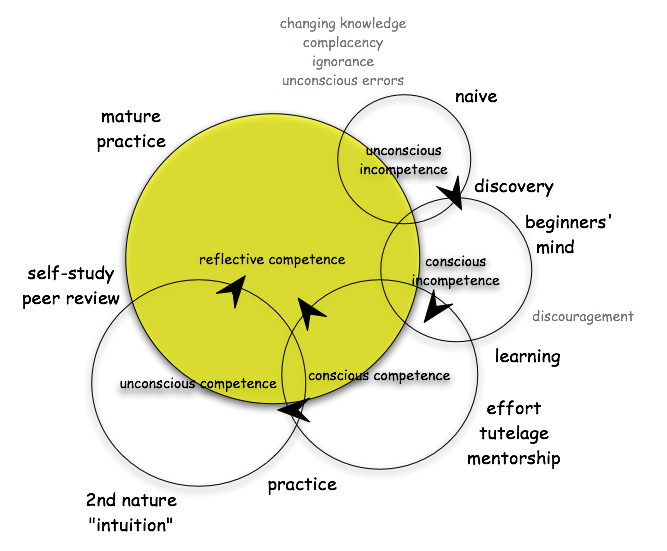Recently, I watched the movie Fences, in which Troy Maxson (Denzel Washington) makes his living as a sanitation worker in 1950s Pittsburgh. Maxson once dreamed of becoming a professional baseball player, but was deemed too old when the major leagues began admitting black athletes. Bitter over his missed opportunity, Troy creates further tension in his family when he squashes his son’s (Jovan Adepo) chance to meet a college football recruiter (source IMDb)
In this movie, Troy decides to build a fence around his house and he does this over several years and it is finally completed near the end of the movie. What has the name Fences got to do with the movie? It could be a depiction of Troy’s way of keeping his fears out or could be construed as him trying to build the emotional barriers between himself and his sons. It could also be interpreted as Rose’s (Troy’s wife) way of keeping her family protected and safe.
As I was watching the movie, I was thinking of what Fences are we building around our self and which of them do we really need?
What are the fences that we need to build and what do we need to get rid of ?
⇒6 Fences you may want to consider to build
1.Lighten Your Load
Often, when we travel, we carry heavy baggage that slows us down. A lot of this heavy baggage, in daily life, comes from negativity and getting stuck in our way of thinking. You can break the fences, by keeping an open mind and a positive attitude. Keeping a frozen mind does not help us to see things from a different perspective.
2.Believe In Yourself
The grass looks greener on the other side and it does not have to be if you believe in yourself and keep your expectations optimistically positive. Unless and until your trust yourself and believe in your abilities and work towards your dream, no one else will.
3.Be Accountable
Are you clear about your priorities? Do you evaluate and reflect on them often? It is important to determine what is important along a time frame – 1 year, 6 months, 3 months, and so on and fine tune it to a daily basis. Trying to please everyone is not possible and take responsibility in setting boundaries that will help you to say yes only to things that are important.
4.Listen
Be a good listener. Encourage others to talk about themselves – Dale Carnegie.
As a human being and a leader, it is about how well you listen. You may have the gift of gab and it takes self-regulation and awareness to step back and listen. Are you building fences in a way that stops you from listening to others?
5.Care
Do you care for your team and build relationships? Do you connect with your team and build rapport and trust with them? Are you, your clients trusted advisor? Make people with whom you work realize that they matter and appreciate them for things they do well.
6.Personal growth and development
Do you give enough time for your own personal growth and development? A leader recognizes the importance of willingness to grow and develop their skills and thinking. Break down the fences that stops you from investing in your learning and development, be it your negativity, your excuses, or anything else.
What fences are you locking yourself in?
Set yourself free from all those fences that stops you from using your abilities, believing in yourself and to be who you are.
Connect with me for one-on-one coaching or group coaching or facilitation of workshops or training or as a keynote speaker on areas of communication and leadership.








